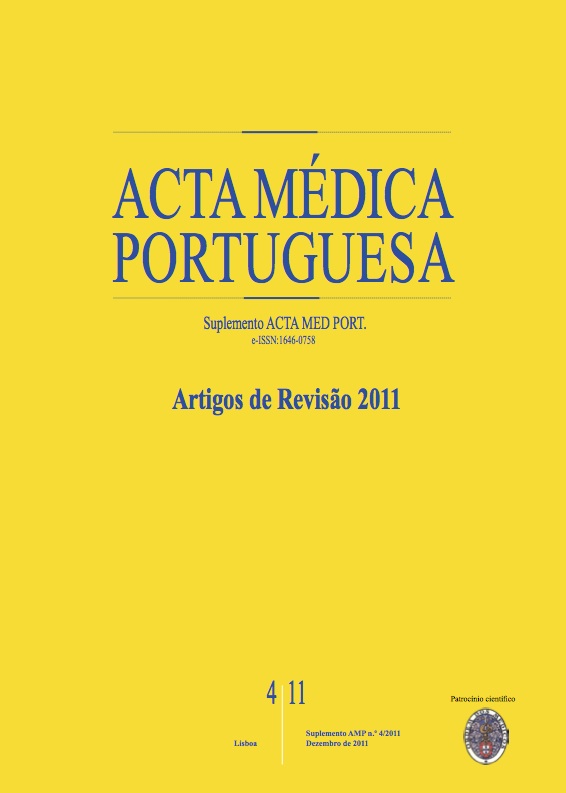The relevance of body composition in cancer patients: what is the evidence?.
DOI:
https://doi.org/10.20344/amp.1595Abstract
In the past few years, there has been a growing interest on body composition changes of cancer patients. Muscle mass and fat mass are pointed out as the most important compartments from a physiological point of view, as their changes are the ones with the most impact on disease. The excess of fat mass is related with increased risk of incidence and recurrence of some types of cancer, and some studies identify it as a major contributing factor for increased morbidity and mortality in cancer patients. Weight loss in cancer is frequent and is associated with symptoms, circulating pro-cachectic substances produced by the tumour, and/or hypermetabolism states, not compensated with adequate intake. Muscle mass depletion is the most worrying, and has been associated with decreased functional capacity, increased toxicity of anti-neoplastic treatments, longer length of stay and higher risk of nosocomial infections. In end stage disease, some patients may develop cancer cachexia, an irreversible condition highly associated with mortality. Of note that, lean body mass depletion may occur with excess fat mass (sarcopenic obesity), a condition that combines the health risks of obesity and those of sarcopenia. The high prevalence of malnutrition in cancer patients justifies its relevance. Many patients point it as a cause for the reduction of physical, cognitive, emotional and social functions, as well as anorexia, fatigue, dyspnoea, insomnia, gastrointestinal symptoms and worse Quality of Life. Additionally, body composition may be affected by nutrition, lifestyles and physical activity; therefore, any approach to the patient should include all these dimensions, with special emphasis on individualised nutritional intervention. Therefore, nutritional therapy should be adjuvant to any treatment, as it is essential in all stages of the disease: for its development, during the treatment(s) and in the follow-up period. The aim of nutritional intervention is to promote changes in body composition, by maintaining or increasing lean body mass and keeping fat mass in healthy levels, which may have a positive impact on Quality of Life, response to treatment(s), prognosis and reduced health care costs.Downloads
Downloads
How to Cite
Issue
Section
License
All the articles published in the AMP are open access and comply with the requirements of funding agencies or academic institutions. The AMP is governed by the terms of the Creative Commons ‘Attribution – Non-Commercial Use - (CC-BY-NC)’ license, regarding the use by third parties.
It is the author’s responsibility to obtain approval for the reproduction of figures, tables, etc. from other publications.
Upon acceptance of an article for publication, the authors will be asked to complete the ICMJE “Copyright Liability and Copyright Sharing Statement “(http://www.actamedicaportuguesa.com/info/AMP-NormasPublicacao.pdf) and the “Declaration of Potential Conflicts of Interest” (http:// www.icmje.org/conflicts-of-interest). An e-mail will be sent to the corresponding author to acknowledge receipt of the manuscript.
After publication, the authors are authorised to make their articles available in repositories of their institutions of origin, as long as they always mention where they were published and according to the Creative Commons license.









